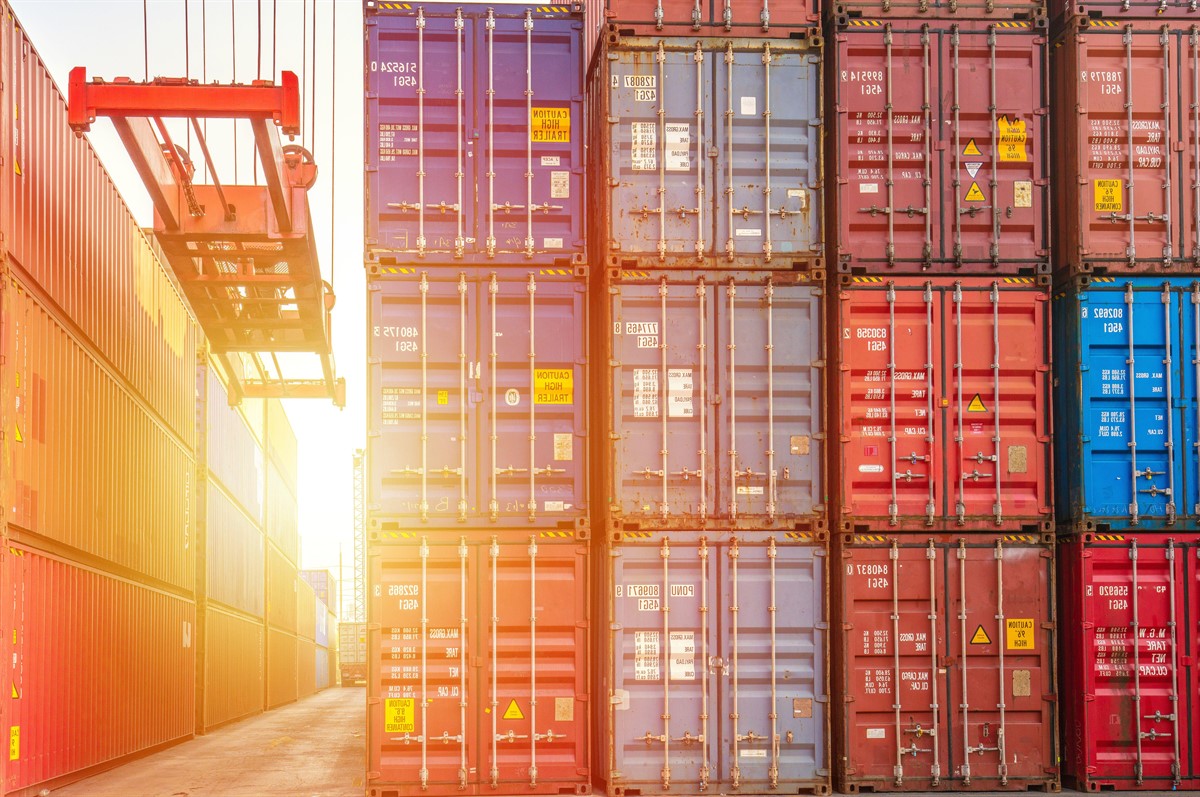The UK government has published its draft Target Operating Model (TOM) that will apply to goods imported into the UK. The draft TOM sets out how controls will be simplified, digitised and, over time, delivered through the UK’s new Single Trade Window.
The draft TOM proposes implementation of controls in three major milestones:
- 31 October 2023- The introduction of health certification on imports of medium risk animal products, plants, plant products and high-risk food and feed of non-animal origin from the EU.
- 31 January 2024- The introduction of documentary and risk-based identity and physical checks on medium risk animal products, plants, plant products and high-risk food and feed of non-animal origin from the EU. At this point imports of Sanitary and Phytosanitary goods from the rest of the world will begin to benefit from the new risk-based model. Existing inspections of high-risk plants/plant products from the EU will move from destination to BCPs.
- 31 October 2024- Safety and Security declarations for EU imports will come into force from 31 October 2024. Alongside this, a reduced dataset will be introduced for imports and use of the new UK Single Trade Window will remove duplication where possible across different pre-arrival datasets.
The UK government has confirmed that it is their firm intention to proceed with the first milestone on 31 October 2023, the introduction of health certification on medium risk animal products, high risk food and feed of non-animal origin imported from the EU, and phytosanitary certificates for phytosanitary goods imported from the EU. Businesses are therefore encouraged to work with their supply chains to prepare for this change now.
Northern Ireland and Ireland
For goods moving into Northern Ireland from Great Britain, the arrangements that will apply are those set out under the recently agreed Windsor Framework. The Windsor Framework delivers a new system of green and red lanes at Northern Ireland ports for movements from Great Britain, whilst also providing assurances on goods destined for Ireland and thereafter to the rest of the EU. At the same time, Northern Ireland businesses and citizens will continue to be able to buy goods from the EU with no new barriers. None of the additional checks or controls set out in the TOM will apply to imports into Northern Ireland from Ireland or other EU countries.
In line with the introduction of border controls on EU imports set out within the TOM, businesses in Ireland will face new checks and controls when moving Irish goods (i.e. any good which is not a Qualifying Northern Irish goods) from Irish ports (e.g. Dublin Port and Rosslare Europort) directly to Great Britain (e.g. Liverpool and Holyhead). As well as implementing the new biosecurity and security controls set out in the TOM on Irish goods moving direct from Ireland to Great Britain, the UK government will also bring in full customs controls for these movements, changing the current arrangements that apply when these goods arrive into GB ports receiving traffic from Irish ports.
